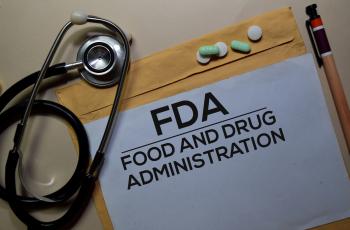Stigma and Society News - 6/1/2021
With this series we will bring you the latest news in stigma and society. This week we cover efforts to improve health equity and telehealth in the Pequot Tribal Nation.
For more news in diabetes advocacy and policy, check out our compiled news updates here.
AMA releases roadmap for improving racial justice, advancing health equity
The American Medical Association (AMA) released a three-year road map to improving racial justice and advancing health equity. The plan for its organizations includes five steps to begin addressing these challenges to dismantle structural racism.
Why it matters: It cannot be overstated that COVID-19 has disproportionately affected people of color. The pandemic has revealed racial and ethnic health disparities in diabetes that are a result of social inequalities like income, race, and education. The AMA roadmap and other health equity strategies are a step in the right direction towards dismantling previous racist, inaccessible, and overall socially unaware medical practices.
Telehealth program improves diabetes outcomes in Pequot Tribal Nation
The Mashantucket Pequot Tribal Nation has shown significant positive results in A1C reduction, weight loss, and reduced insulin loss after one year of using a telehealth program that treats people living with type 2 diabetes. After one year on this virtual care program developed by Virta Health, members of the Pequot community who have type 2 diabetes reduced their insulin use by 78 percent.
Why it matters: Native Americans are at a disproportionately higher risk for diabetes than any other racial group in the US. They are also at a much higher risk for severe complications, such as kidney failure and heart disease. Results like those in the Pequot nation show that telehealth services can provide effective and accessible healthcare, especially for underserved communities.
Community health centers play critical role in equitable vaccine distribution
Community health centers have administered more than 10 million COVID-19 vaccines. 61% of those doses were given to racial and ethnic minorities in an effort to ensure vaccination equity.
Why it matters: Community health centers largely treat underserved individuals, who are more likely to have prediabetes or diabetes. Given the disproportionate impact of COVID-19 on people with diabetes, these health centers have played a critical role in equitably distributing the vaccine to low-income people with diabetes.


